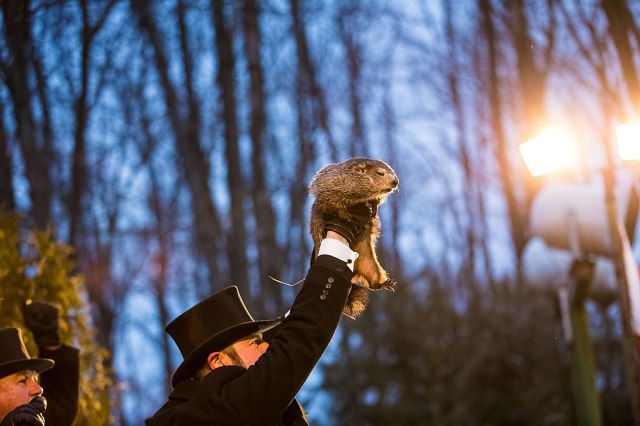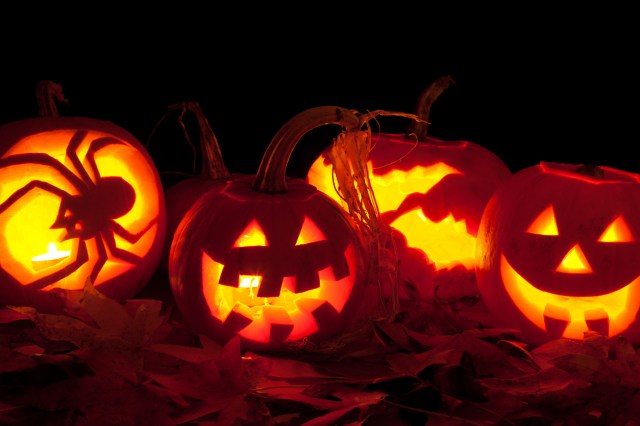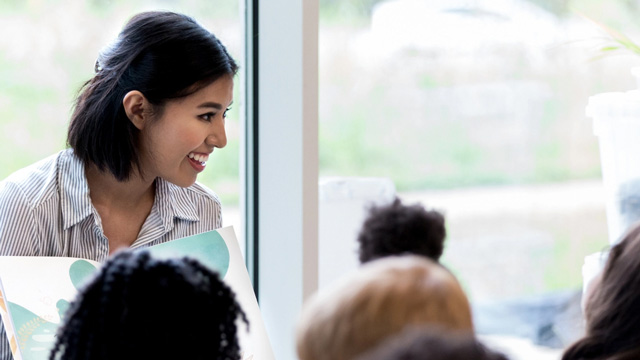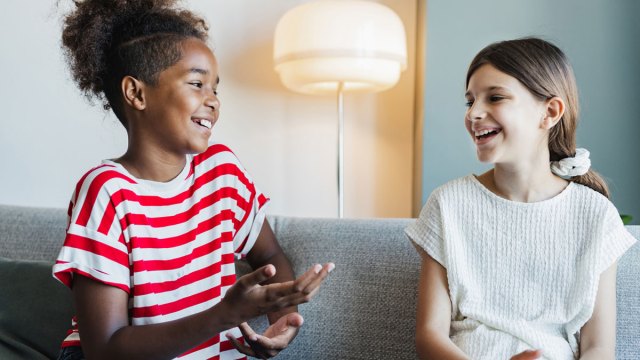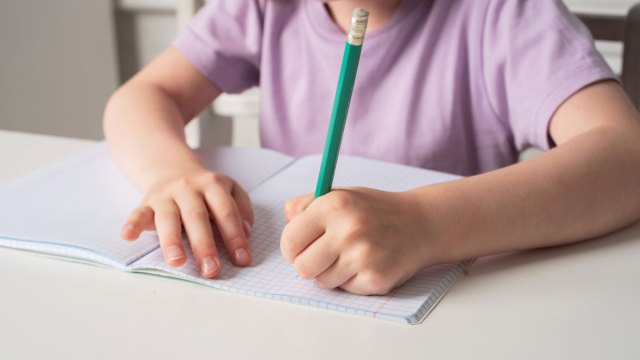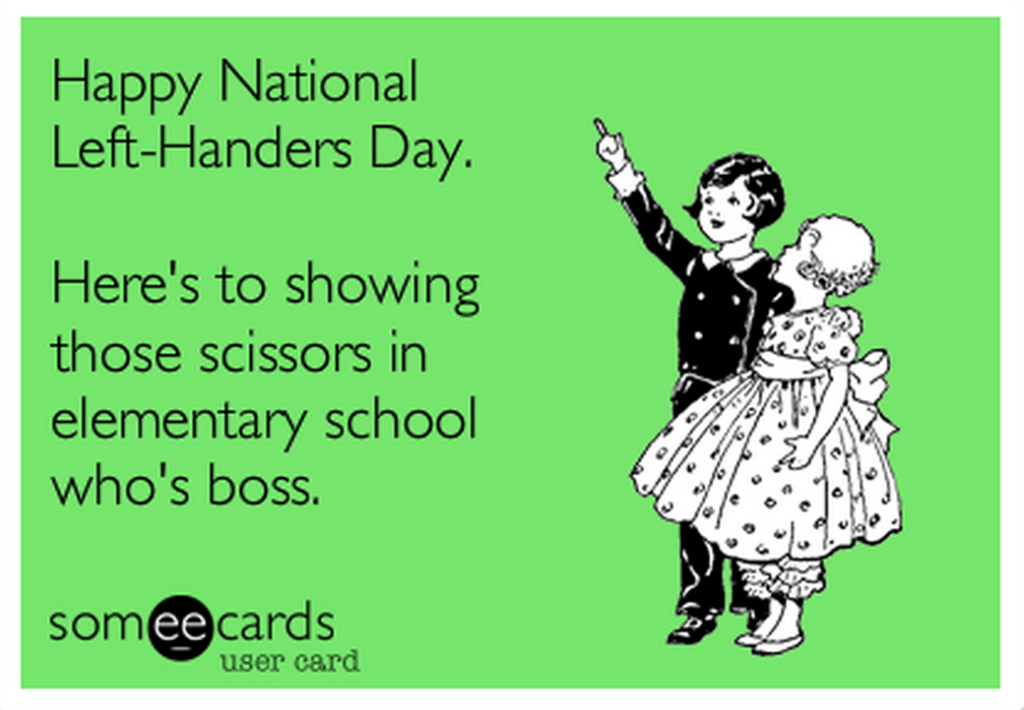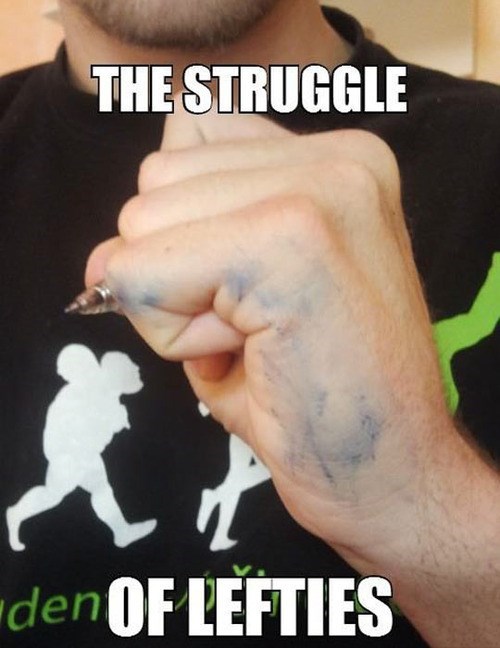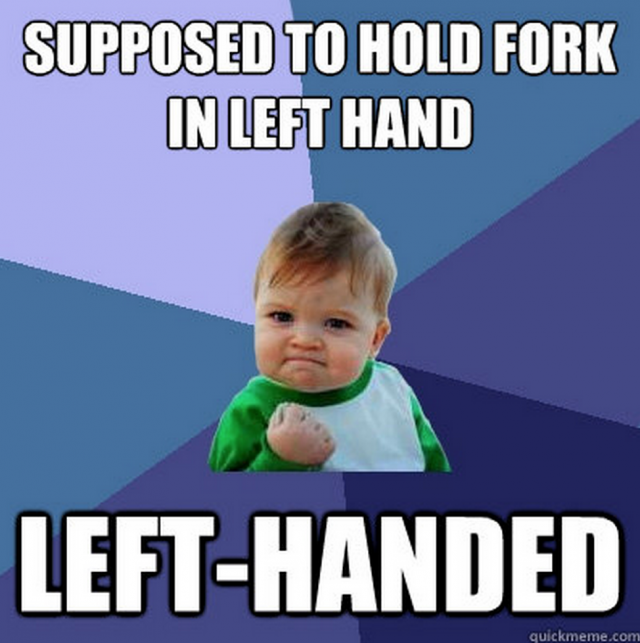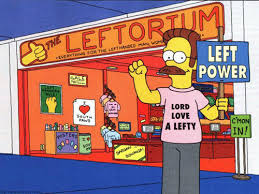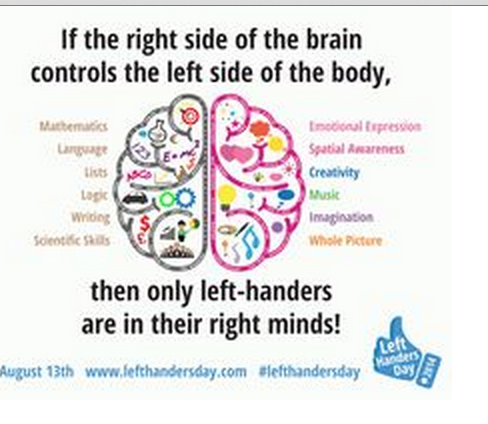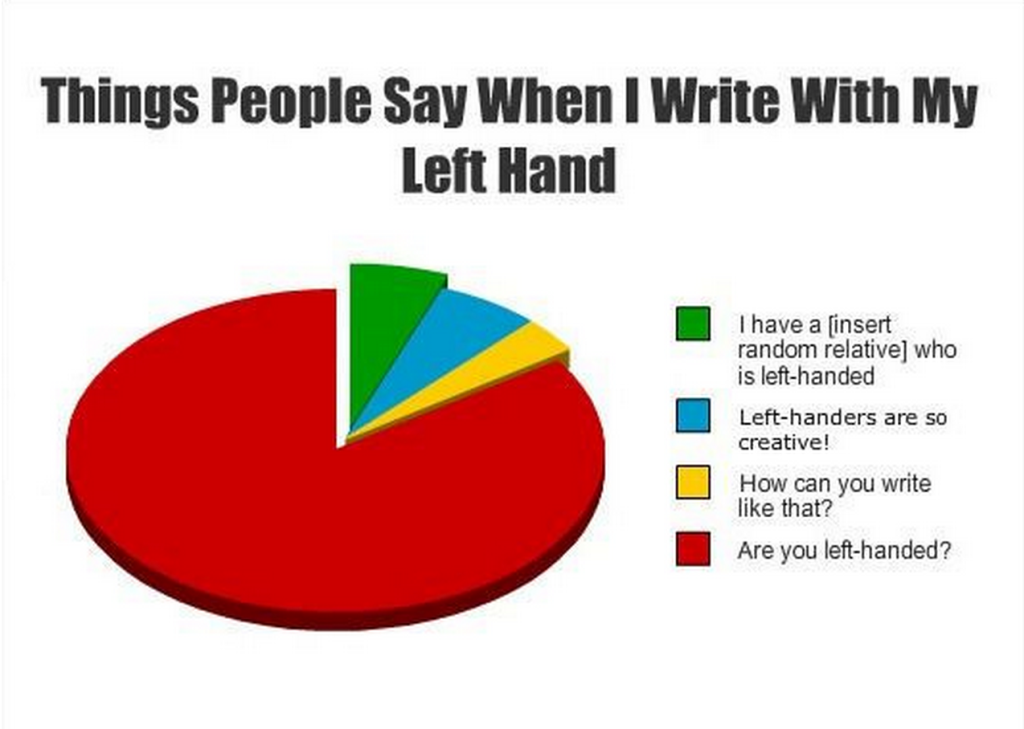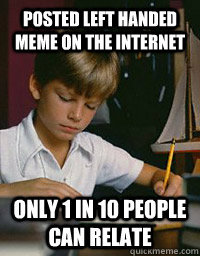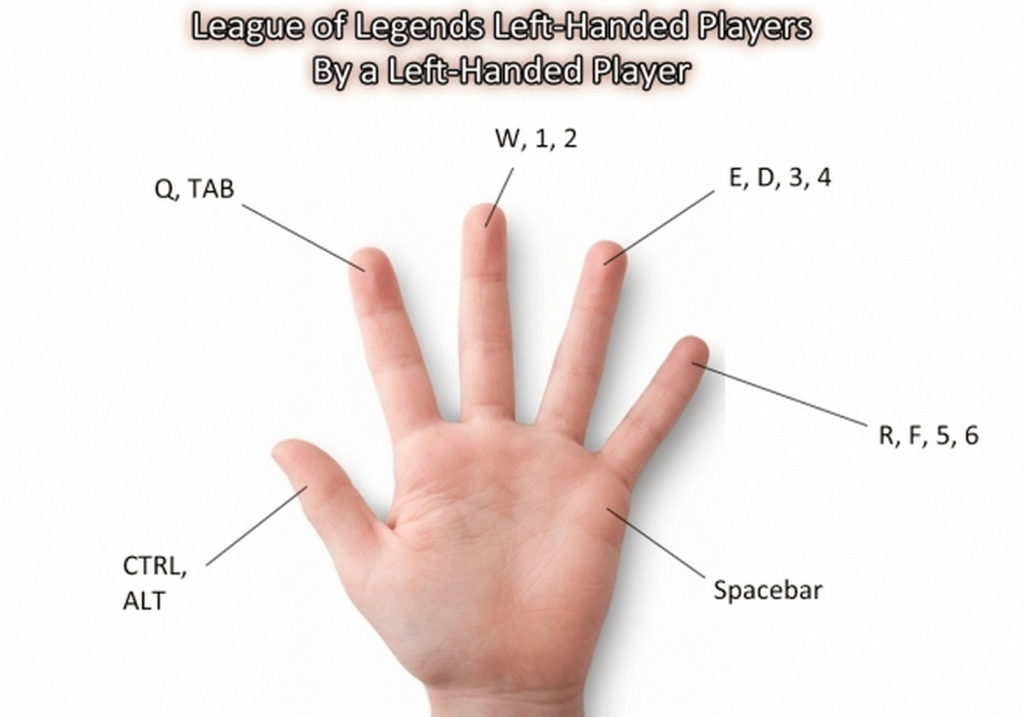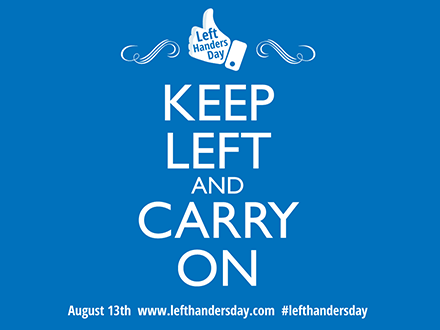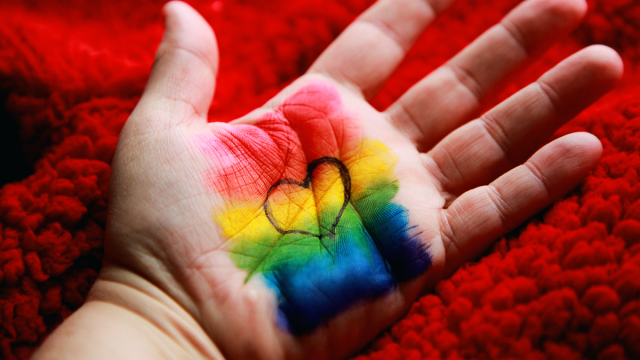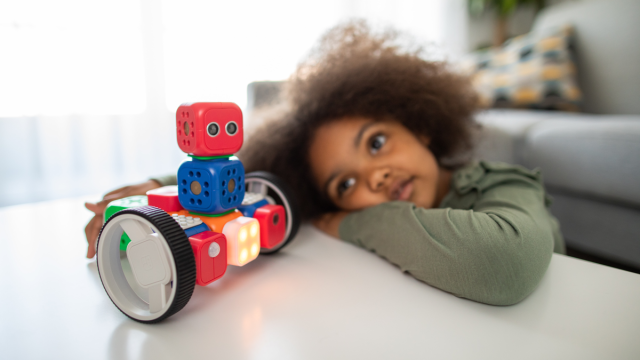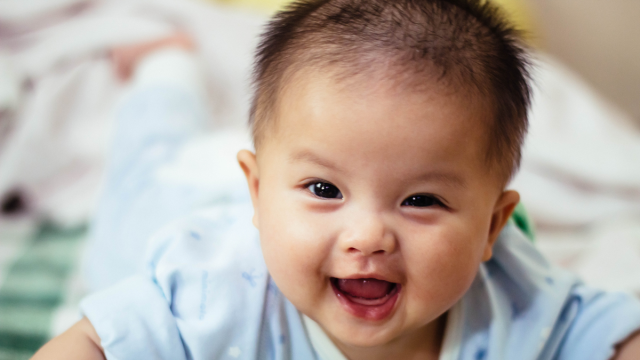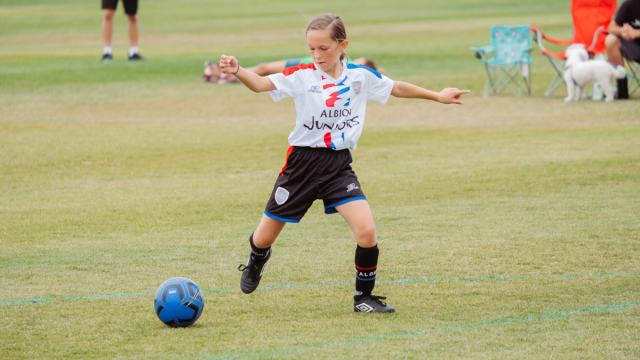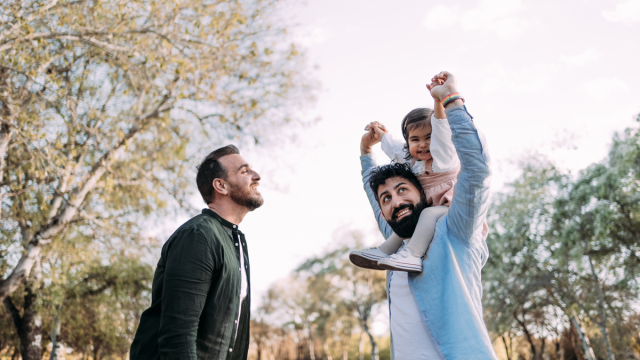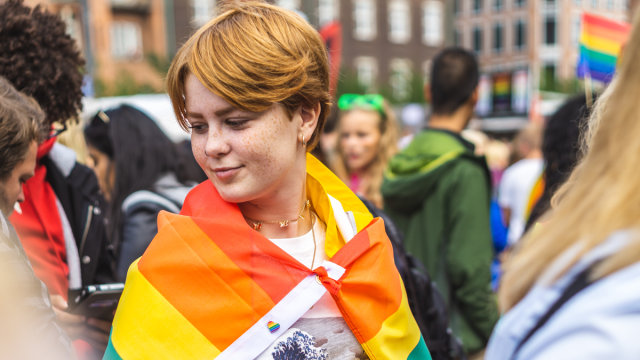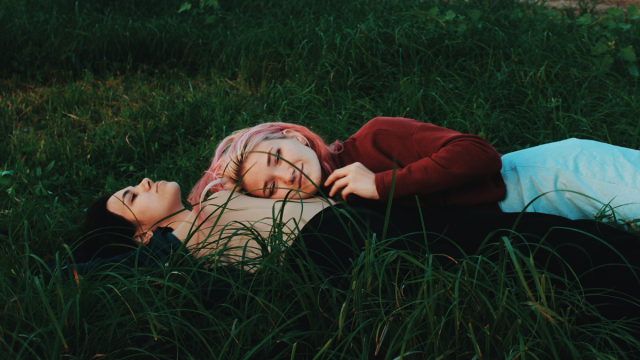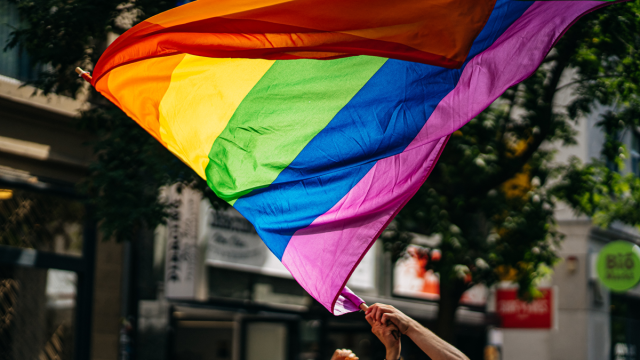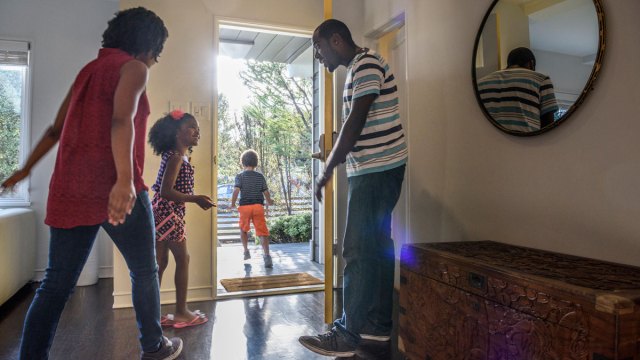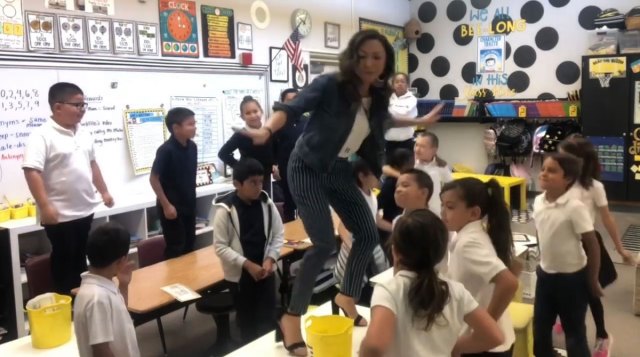It’s hard to believe that little one, who used to fit snugly in the crook of your arm, is finally ready for kindergarten… or are they? Maybe you should wait another year? After all, what is the right kindergarten age? Especially since the practice of “redshirting” kids—giving them an extra year before starting kindergarten (making them one of the oldest as opposed to the youngest)—has risen in popularity. But like most trends in the parenting world, it leaves parents wondering if it is a good idea. That’s why we looked at the studies and asked experts to weigh in on what is the right age to start kindergarten. Here’s what we found.
Getting Kids Started in Kindergarten
The preschool years are over and it’s time to start kindergarten. But where do parents start? Where we do with all things—online and by asking other parents. Now is the time to check out your local school’s website or find and join parent Facebook pages or other social media accounts associated with the school. Other suggestions include talking to parents with older kids and asking your preschool teacher about local schools and expectations. There are lots of resources out there for parents with inquiring minds.
Kindergarten First-Year Enrollment
Although kindergarten enrollment varies from state to state, parents can expect to encounter some similar requirements no matter where they live. Here are a few universals:
- In most states, kids must turn five years old by a certain date, usually September 1.
- Many schools require kids to have certain vaccinations before starting school; check with your district about specific requirements.
- Most will ask for proof of residence. A utility bill or other piece of mail works fine.
- You may be asked to provide a copy of your child’s birth certificate to enroll.
What Do Kids Learn in Kindergarten?
Although the curriculum varies from district to district across the country, parents can count their kindergartners learning the alphabet, sight words, phonics, and basic sentence structure as part of Language Arts. Math covers basics like number recognition, counting, addition and subtraction, measurement, and basic geometry. Additionally, hands-on activities and play-based learning help kids learn about real-world concepts like weather, plants, and animals. But many would say the most important things kids learn in kindergarten support their social-emotional growth (or soft skills) like building relationships, solving conflicts, and developing empathy and self-awareness.
What is the difference between Transitional Kindergarten (TK) and Transitional to Elementary School (TES)?
Transitional Kindergarten (TK) is a two-year public school program designed for kids who turn 5 between September 2 and December 2 of the school year. It provides an additional year of instruction, focused on developing social-emotional skills, language and literacy, math, and physical development, to support kids who may not be ready for kindergarten.
Transitional to Elementary School (TES) is a program offered by preschools or childcare centers to prepare children for kindergarten. It typically focuses on language and literacy, math, social-emotional development, and basic self-help skills so kids can successfully transition to the academic and social expectations of kindergarten.
Related: How to Help Your Child Transition to Kindergarten Like a Pro
Pros of Delaying Kindergarten
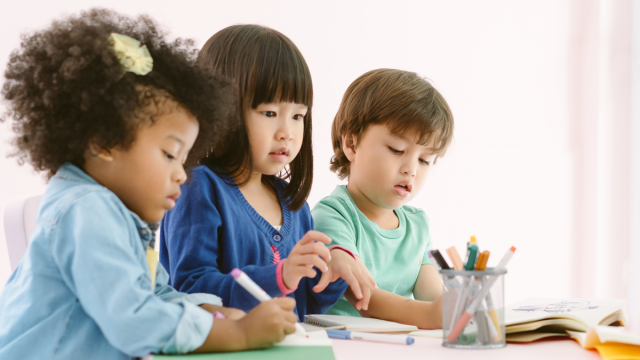
Cons of Delaying Kindergarten
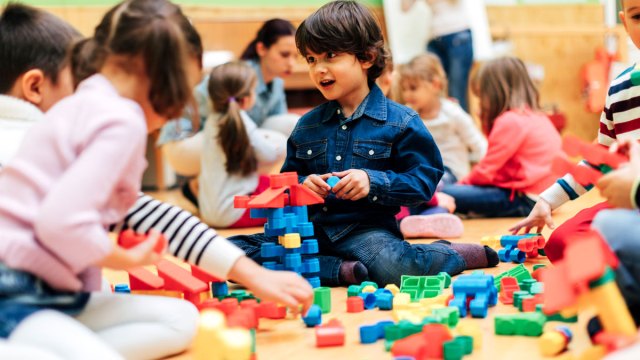
An older child may be taller than their classmates; that matters (especially in middle school).
You may not be thinking about the teen years yet, but let’s not forget: A child who is the oldest kid in kindergarten will also be the oldest in her middle school grade—and that’s no small thing, especially when puberty hits.
They may be bored (and consequently misbehave).
This study has suggested that kids who delayed kindergarten were twice as likely to drop out of high school. Researchers think this is because they reach adult age sooner, which is when kids are legally allowed to quit school on their own (most state laws require kids to stay in school until at least age 17).
That extra year may be expensive.
If you’re a working parent, delaying kindergarten means another year of paying for childcare or preschool. And, with the average cost of preschool as high as more than $10,000 per year in some states (according to this study from the Economic Policy Institute), it’s an expensive wait.
They may not find peers on their level (initially).
A year can make a big difference when you’re only still in your first decade of life. This means a calm, more introverted six-year-old may have trouble finding like-minded peers in a kindergarten class full of rowdy five-year-olds.
It may not matter in the long run.
Despite conflicting research and strong opinions on both sides, it is still unclear whether “redshirting” makes any difference in the long run. Some studies even suggest that, whether your child starts school a year early or a year late, it all levels out by the middle school years.
Related: 16 First Day of School Picture Ideas to Start the Year Off Right
So… Now What?
With all that information, you’re probably still wondering: What is the right age to start kindergarten? The answer: Both. It depends on the kid.
“Kids should be with developmental age peers as much as possible since kindergarten builds not just academics but social skills, too,” said Deanna Lapen, a Los Angeles-based school psychologist and former kindergarten teacher. “With that being said, every child is an individual. Parents should think about why they would consider redshirting.”
Lapen said parents should talk with their child’s preschool teacher (if applicable) as well as look at the kindergarten curriculum for whatever school their child might attend. Then ask: “Is the upcoming kindergarten class a place where the child will thrive socially and academically?”
If so, don’t delay. And, as always—trust your instincts.





